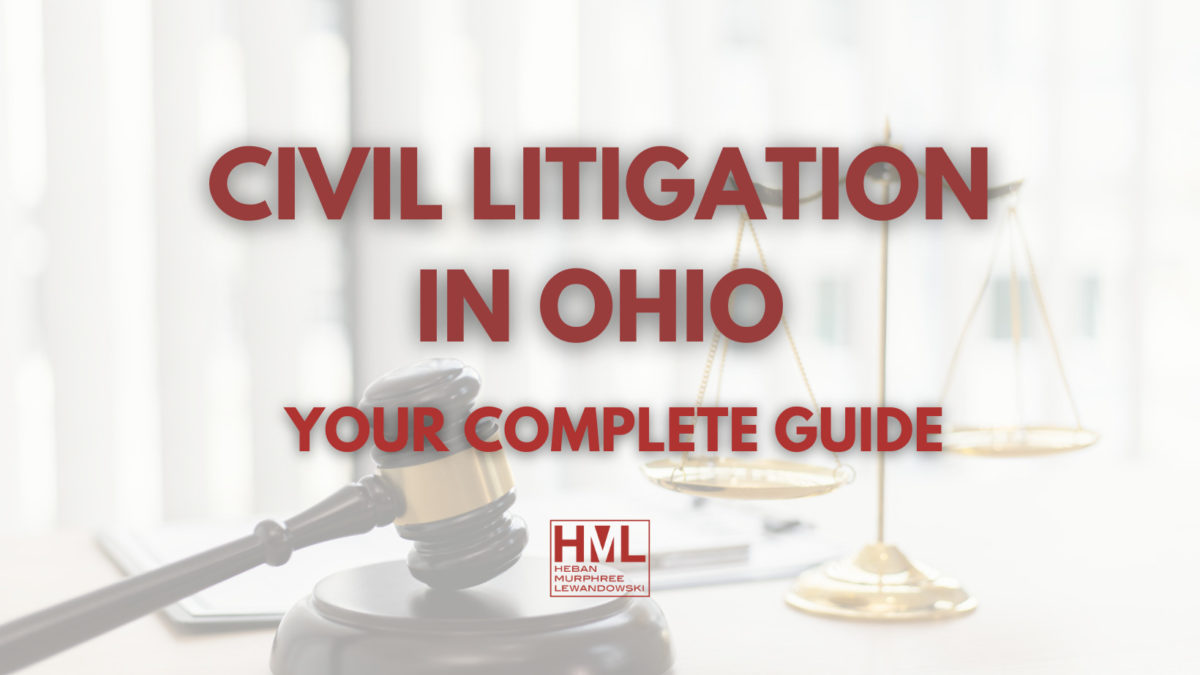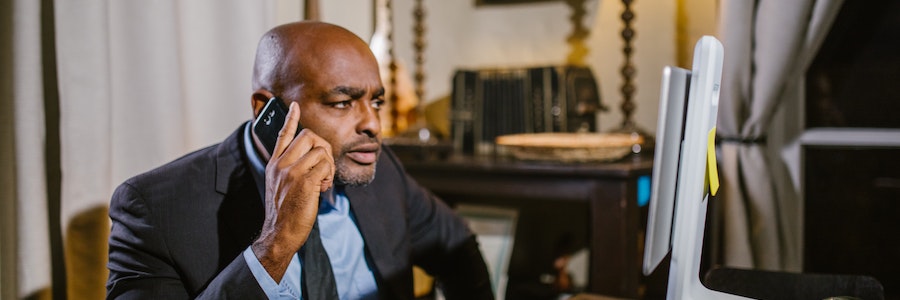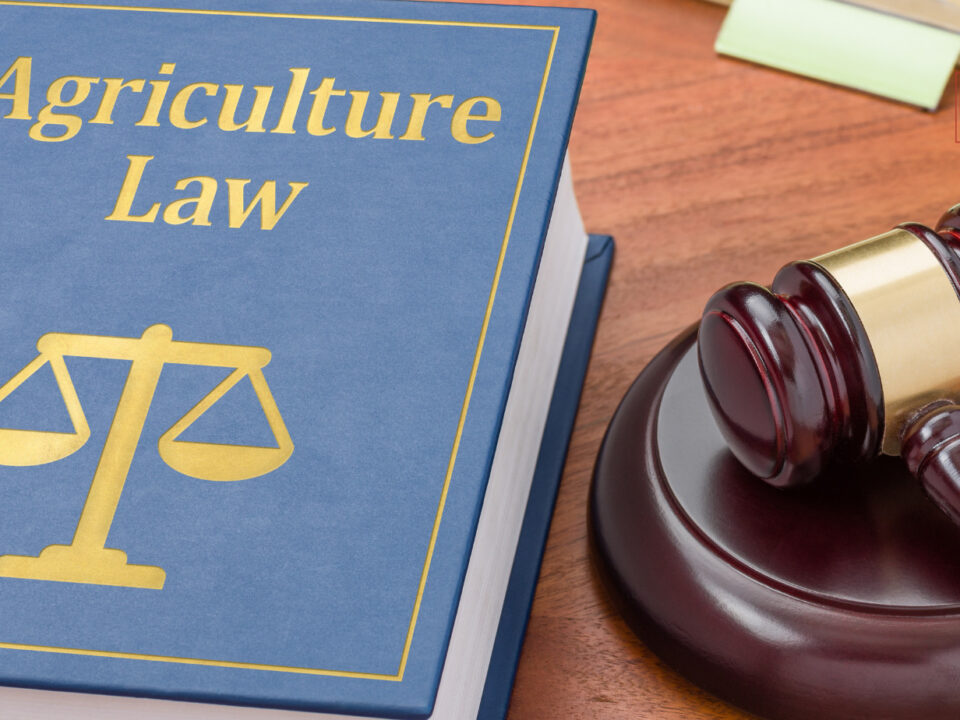- EXPERIENCED LAW FIRM IN TOLEDO, OH
- (419) 662-3100
Ohio Civil Litigation Law – FAQ

Rural Land in Ohio: A Comprehensive Guide for Property Owners
March 28, 2023
Ohio Homestead Laws
May 6, 2023Popular Questions Regarding Civil Litigation in Ohio
At Heban, Murphree & Lewandowski, LLC, we represent clients in civil litigation cases for defense and prosecution. Over the years, we have heard several questions from our clients. These are some of the most popular.
What Does “Statue of Limitations” Mean?
The statute of limitations is the time you have to file a lawsuit after an incident occurs. In Ohio, the statute of limitations varies depending on the type of civil case you are filing, but the range is one to eight years. Here are some common types of cases with their statute of limitations:
- Personal injury: two years
- Fraud: four years
- Property damage: two years
- Professional malpractice: one year for medical, two years for legal.
- Trespass: four years
- Contracts: six to eight years
- Debt collection: six to eight years
If you file after the statute of limitations, the courts can throw out your case, and you will miss the chance to hold the other party accountable. Working with an attorney ensures you get all the statute of limitations and the ability to hear your case.
What is the Process for Serving a Complaint in Ohio?
Serving a complaint to another party must follow the specific rules in Ohio. First, your attorney will deliver the documents to the appropriate courts and the process server. Next, the server will find the individual and give all of the documents relating to the complaint directly to them. The server will then make an endorsement that they delivered the complaint to the individual, and they will return that endorsement to the clerk to record it on the appearance docket. This process must occur within 28 days, and if the server cannot find or deliver documents to the other party within the 28 days, they will provide that information to the clerk.
What is the Process for Discovery in Ohio?
Discovery is the process that allows for the sharing of information between a Plaintiff and a Defendant in a court case. This process occurs through questioning and admitting documents or other evidence to the court. This process allows both parties to be fully prepared for the issues that will come up in court. The only evidence that the parties send through discovery is admissible in court.
The discovery process can involve the following:
- Written interrogations
- Inspecting property
- Producing documents
- Deposition through oral or written examination
- Physical or mental examination
- Request for admission
Discovery is for any matter involved in the court case, whether it helps or relates to either party. The discovery process has no particular order, and the parties cannot delay the other party’s discovery through their actions.
In Ohio, performing interrogations, handling depositions, producing documents, and performing investigations all must follow a specific set of rules. Your attorney is well-versed in these rules and will help you move through the process successfully.
What is the Appeals Process in Ohio?
If you need to appeal a decision by the courts, start by filing the following documents:
- Notice of Appeal
- Praecipe
- Docking Statement
The trial clerk needs the original document of each and copies to give to the court, court reporter, and all parties involved. Any parties must be served the same day as the filing or before you file. You will also submit a brief that outlines your case and the legal arguments that show you deserve an appeal. If appropriate, the court will send you to mediation. If you still need to, you may be asked for an oral argument. At the end of this process, the court will affirm, modify, or reverse the original ruling.
What are the Rules of Evidence in Ohio Courts?
The rules surrounding the admission of evidence into Ohio’s courts are based on a 100-page document that covers many factors. Some of these include:
- What makes a witness competent?
- What type of evidence is admissible?
- What is the definition of “relevant evidence”?
- What is hearsay, and does it apply?
- Opinions and expert testimony rules
Because many details surrounding what you can and cannot admit to a court case as evidence, working with a knowledgeable attorney is essential.
If you have further questions about civil litigation in Ohio, contact Heban, Murphree & Lewandowski, LLC. Our expert team will assist you in understanding the complex world of the courts so that you can confidently enter your case.








